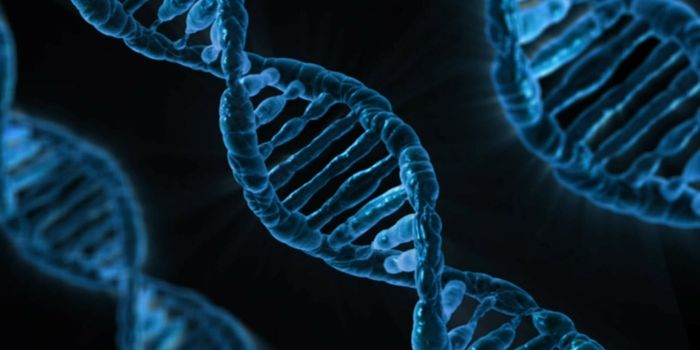Antioxidants make lung cancer metastasize
Two new studies report exciting discoveries regarding lung cancer cells’ capacity to metastasize. Lung cancer is the leading cause of cancer-related deaths worldwide and metastasis is the most dangerous part of lung cancer. The studies, which were both published in the journal Cell, come from Karolinska Institutet and Gothenburg University in Sweden, as well as New York University in the US.
One of the studies looked at mice, while the other study focused on human tissue. Both research teams determined the same findings: lung cancer cells use antioxidants to metastasize by activating a protein (BACH1) and increasing the uptake and use of sugar. Cancer cells are known to divide and metastasize by their high uptake and use of sugar (glucose), a process described by the Warburg effect, which explains how cancer cells absorb sugar and convert it into energy and lactic acid under normal aerobic conditions. Learn more about the Warburg effect by watching the video below.
In a previous 2014 study by the same Swedish researchers, antioxidants (via consumption or endogenously synthesized) were determined to accelerate tumor growth in the case of lung cancer (this study was conducted on lung cancer). If this surprises you, you aren’t the only one. After the uproar about the benefits of antioxidants, this news came as a shock to a lot of people. But it’s important to grasp this in order to understand the significance of this most recent discovery.
Because what these two new studies found is that antioxidants cause a protein called BACH1 to put the Warburg effect into overdrive – basically increasing the uptake of glucose in the blood and thus accelerating cancer cells’ ability to spread.
"There is nothing to suggest, however, that the amount of glucose in the blood has anything to do with this; rather, it is the tumor cells' ability to utilize glucose that is essential to the accelerating metastasis," says lead author of the Swedish study, Martin Bergo, a professor at the Department of Biosciences and Nutrition at Karolinska Institutet.
The researchers hope their discoveries will lead the way to new therapeutic strategies for lung cancer. "We now have important new information on lung cancer metastasis, making it possible for us to develop new treatments, such as ones based on inhibiting BACH1," says Professor Bergo. "In this present study, we show that the aggressive metastasizing induced by antioxidants can be blocked by stopping the production of BACH1 or by using drugs that suppress the breakdown of sugar. Our American colleagues show how inhibiting another enzyme, heme oxygenase, which is linked to BACH1, can also curb the metastasis process."
Sources: Science Daily, Cell (1) (2)









